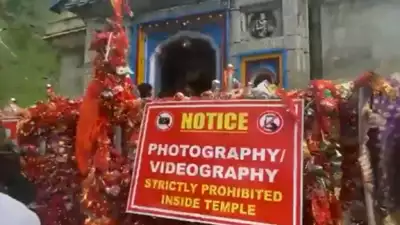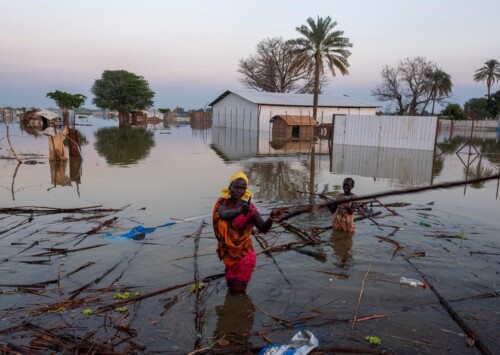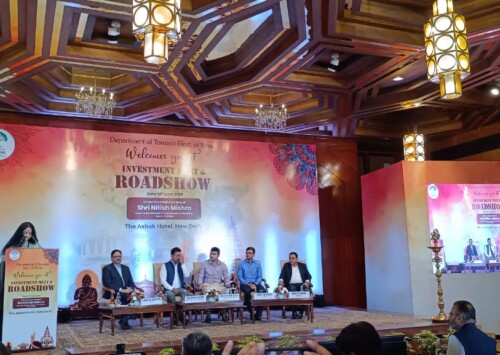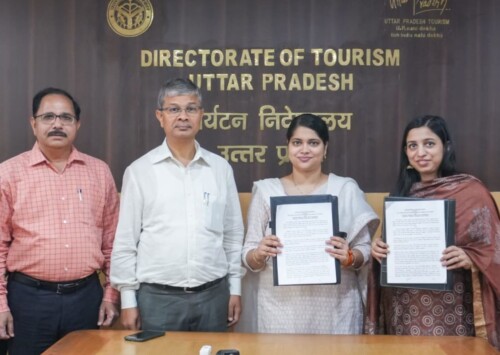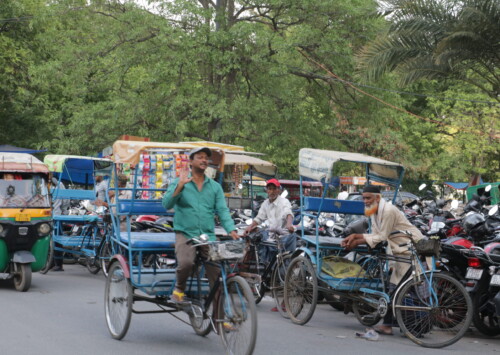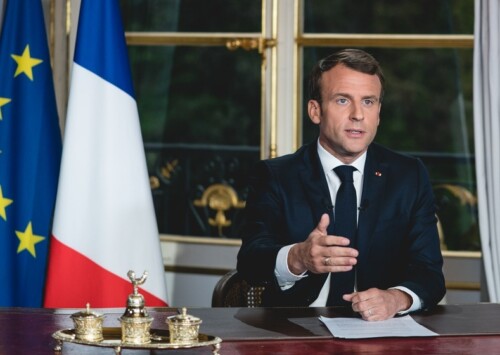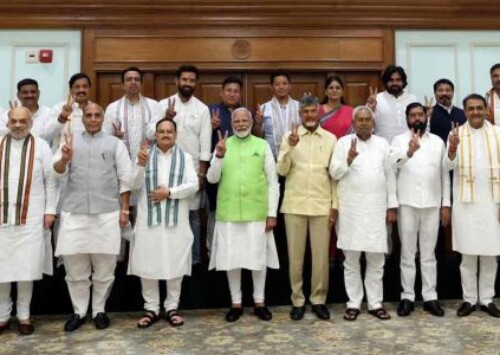Uttarakhand government reimposes bans on mobile phones, ‘VIP Darshan’ in Chardham
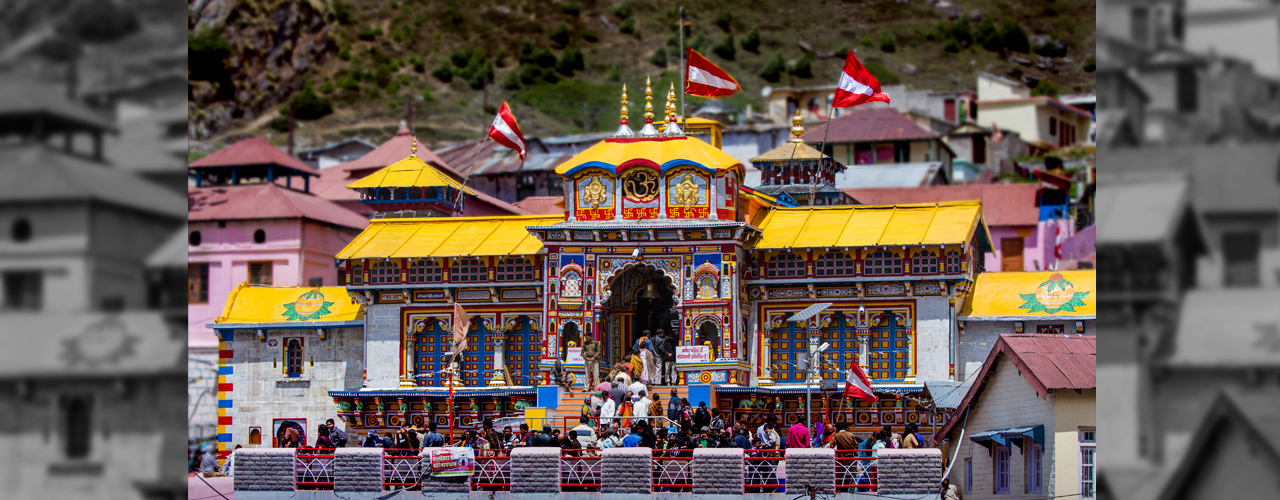
The Uttarakhand government has extended its restrictions at Chardham, banning not only mobile phones but also ‘VIP Darshan’ Photo: (Uttarakhand Tourism)
In a renewed endeavour to preserve sanctity of spiritual places, the Uttarakhand government has reimposed a ban on mobile phones within temple premises, extending to a 200-metre radius around popular sites like Kedarnath. With increasing tourist footfalls, since the temples reopened to pilgrims earlier in May, the move is said to be aimed at maintaining decorum and spiritual reverence at these holy locations.
This decision comes after repeated incidents of visitors engaging in photography, vlogging and music recording within these sacred spaces, sparking widespread protests and debates about the preservation of religious sanctity.
This is not the first time that the Uttarakhand government has had to resort to a ban on mobile telephones. In July 2023, too, a ban had been imposed on phones in temple premises following a viral video of a woman blogger proposing to her boyfriend in front of a temple. This incident triggered widespread debate about the intrusion of modern practices into sacred spaces.
Despite the fresh ban, pilgrims and visistors to the temples remain unimpressed, saying that the bans prove to be effective only for a short while and then the administration and the people seem to forget all about it.
“I remember, last year seeing boards installed in multiple locations within the temple premises, stating, ‘Do not enter with mobile phones. Any kind of photography and videography is strictly prohibited inside the temple’. However, that ban remained effective for only a few days, It is unfortunate, how quickly such rules can be disregarded in today’s digital age. Temples are meant to be sacred spaces for reflection and worship, and constant distractions like phones and cameras can disrupt the sanctity of the environment. It is essential to respect these guidelines to maintain the spiritual integrity of the temple,” Deepak Kumar, a resident of Jeolikot in Uttrakhand, tells Media India Group.
Netizens are labelling this ban as temporary, asserting that it has become somewhat of a ritual for the government to implement restrictions only to eventually backtrack.
“People come to spiritual places seeking peace, but lately, that tranquillity is hard to find in temples. Recently, while I was in Kedarnath, a group arrived with their dhols, singing loudly with music. This disrupted the serene atmosphere that many of us seek in such sacred spaces. If one wants to pray, it should be done in a respectful and decent manner. Such disturbances should also be banned to preserve the sanctity of these places. The government needs to address this issue to ensure that temples remain a refuge of peace and quiet for all who visit,” Nesha Sharma a resident of Ahmedabad tells Media India Group.
The government has also extended its restrictions at Chardham, banning not only mobile phones but also ‘VIP Darshan’, that allows people to jump the long queues for offering prayers by paying a special fee, until May 31.
Pilgrims question the wisdom banning the preferential treatment of ‘VIP Darshan’ for a short period only.
“What is the government thinking by banning VIP Darshan only until May 31? It doesn’t make any sense. This temporary ban seems like a superficial attempt to calm the situation rather than a genuine effort to ensure fairness and equality in holy places. If the aim is to address the issue of preferential treatment, a short-term ban will not suffice. A more permanent and thoughtful approach is needed to truly respect the sanctity of these spiritual sites. The government appears to be merely placating the public for now without committing to lasting change,” Swapnali Gop, a resident of Sarita Vihar in South Delhi, tells Media India Group.
Some people argue that if VIP access is restricted, then privileges such as helicopter services should also be prohibited to ensure equality among devotees. This outcry exposes deeper concerns about class distinctions and special treatment within religious institutions.
“If the government is willing to temporarily ban VIP Darshan, why not halt helicopter services as well? The lack of equality extends even to religious sites, where privileged access contradicts the principles of fairness and reverence. It is a reminder that true equality remains elusive, even in places meant for spiritual solace,” Aanchal Rawat, a resident of Ahmedabad, tells Media India Group.
Amidst debates on bans and restrictions in temple premises, the struggle to balance tradition and modernity persists.

